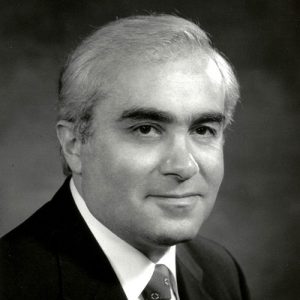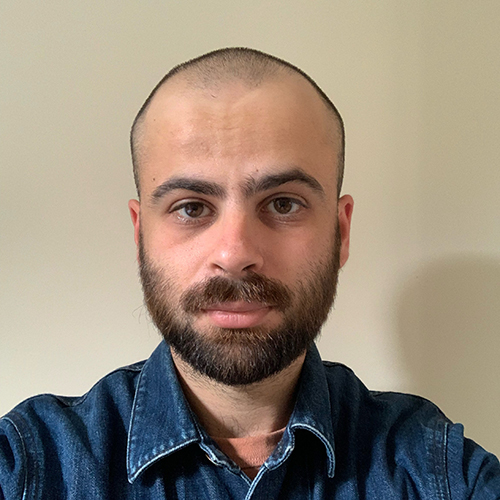Carlo J. DeLuca Award
The Carlo J. DeLuca Award recognizes outstanding early-career researchers who have contributed to technological advances in EMG acquisition and signal processing.

About Carlo J. DeLuca
Carlo J. DeLuca is widely recognized for introducing engineering principles to the field of Neurophysiology and more recently for combining principles of Motor Control with the fundamentals of Biomechanics. His research has made breakthroughs on the frontiers of neuromuscular control, signal processing, and electromyographic sensor technology. He authored 122 peer-reviewed articles, 21 book chapters, and 26 patents. His writings have been cited over 21,000 times. His body of work includes “Muscles Alive”, often referred to as the “bible of electromyography”. Prof. DeLuca made lasting contributions to ISEK. He assisted John Basmajian, his mentor, in setting up the initial structure of ISEK. He served twice as past president of ISEK (1988 and 1990) and organized the highly successful ISEK 1979 Congress in Boston. Under his presidency he established the Journal of Electromyography & Kinesiology and served as its Editor-in-Chief. Professor DeLuca believed strongly in providing opportunities for young investigators and trained more than forty M.S. and Ph.D. students. Many of these individuals are now leading researchers and engineers in the field.
DeLuca Award Nominations 2024
ISEK is pleased to invite nominations for the novel Carlo J. De Luca Award. This honor recognizes outstanding early-career researchers who have contributed to technological advances in EMG acquisition and signal processing.
All finalists will receive a complimentary Congress registration and a $500 travel honorarium. Finalists will be invited to present at the Congress. The winner will be selected by the votes of three judges based on the quality and content of the presentations.
The winner will be given the opportunity to organize a virtual mini symposium related to the awardee’s primary research interest, highlighting research from other early career scientists.
Qualifications
An individual who:
• Contributed to technological advances that have advanced EMG acquisition, signal processing, or fundamental understanding,
• Must have received PhD less than 8 years prior to the next ISEK Congress. Extensions will be considered for leave due to personal of family obligations that impede the career trajectory.
• Ideally is a member of ISEK, but not essential.
Nomination
We encourage members to recognize the current diversity in our field when making nominations. To nominate an individual or self-nominate, please submit the following:
• Nominations should include a brief description of the nominee’s most significant technical accomplishments (500 words or less),
• CV of the nominee.
Nominations open September 15, 2023
Nominations close December 14, 2023
Nominations should be submitted via email to the Society at:
2024 Winner

Simon Avrillon
Imperial College London
My scientific journey began in 2015 at the University of Paris-Saclay, France, where I was awarded a PhD scholarship by the French Ministry of Research and collaborated with the French Institute of Sport. After these initial experiences, I sought international mobility to learn new methods and expand the scope of my knowledge. I spent two months at the University of Queensland in Brisbane, Australia, in the Department of Biomedical Science; two years at Northwestern University in Chicago, United States, in the Department of Physical Medicine and Rehabilitation; and have been working at Imperial College London, United Kingdom, in the Department of Bioengineering for the past two years.
The overarching research goal of my early career is to understand how the nervous system coordinates its effectors, specifically the motor units, to produce movements in both health and disease. To achieve this, I employ experimental paradigms involving the tracking of the spiking activity of large samples of motor units during controlled and natural tasks. I also use Brain-Computer Interface-based tasks where participants attempt to control the spiking activity of their motor units in real-time. On the application side, I am exploring new ways for patients to interface with external devices and virtual environments using the residual activity of their motor units.
2022 Awardees
Manuela Besomi
The University of Queensland
Marco Ghislieri
Politecnico di Torino
Bryan Schlink
Battelle Memorial Institute
